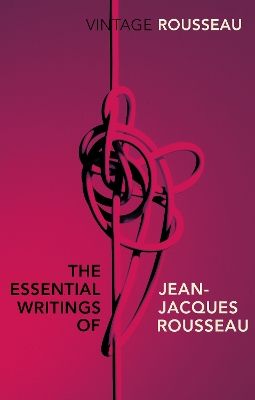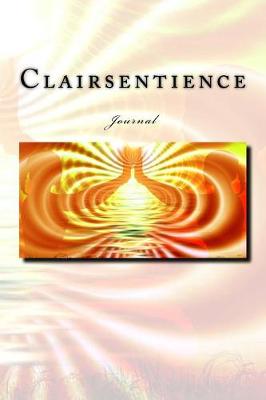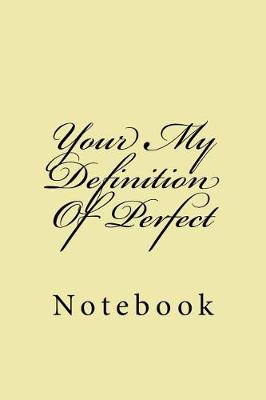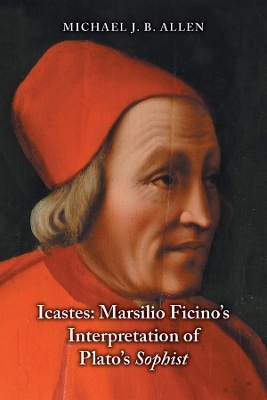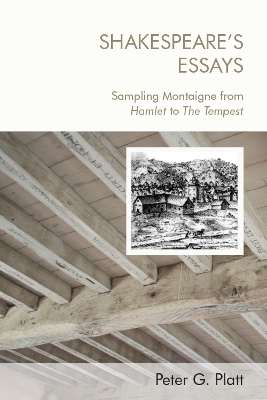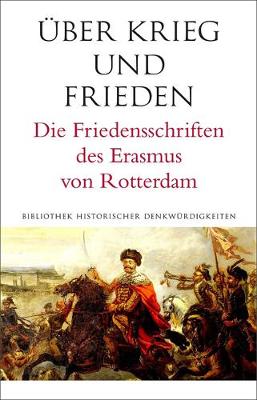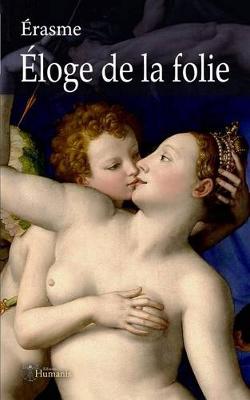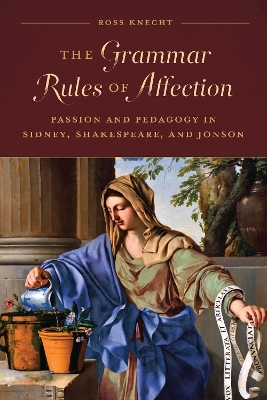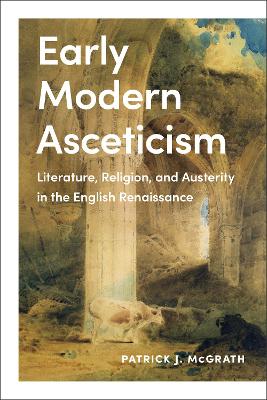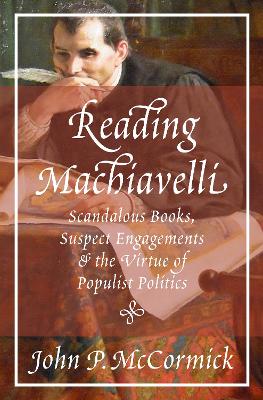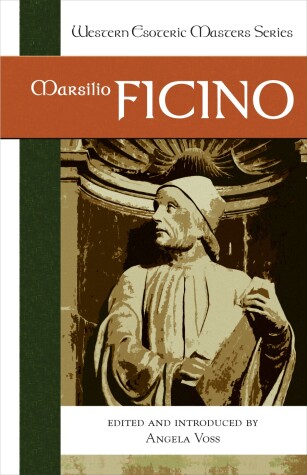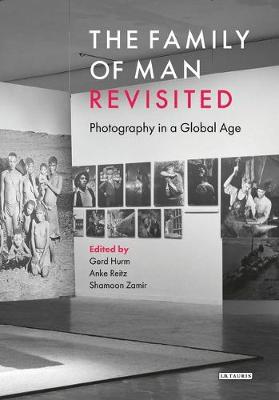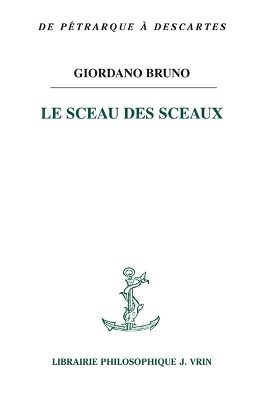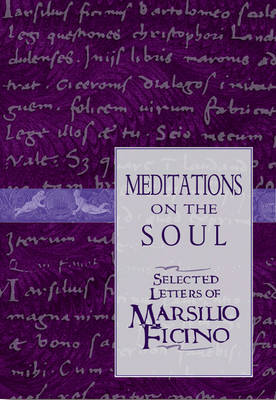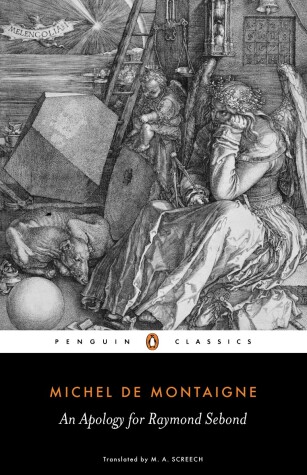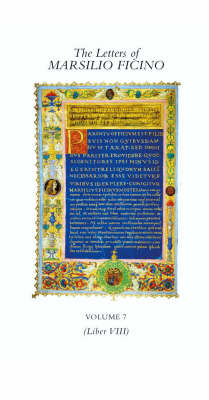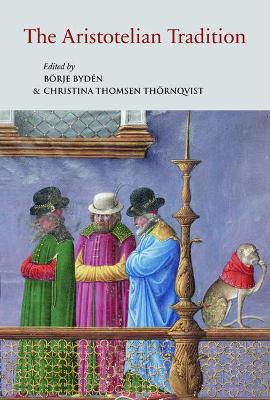The Essential Writings of Jean-Jacques Rousseau
by Jean-Jacques Rousseau
Translated by Peter ConstantineEdited and with a new introduction by Leo Damrosch'Man is born free, and everywhere he is in chains' is the dramatic opening line of The Social Contract, published in 1762. Quoted by politicians and philosophers alike, the power of this sentence continues to resonate. It laid the groundwork for both the American and French Revolutions, and is considered a foundational text in the development of the modern principles of human rights. Rousseau was an extraordinary vi...
Michael Allen's latest work on the profoundly influential Florentine thinker of the fifteenth century, Marsilio Ficino, will be welcomed by philosophers, literary scholars, and historians of the Renaissance, as well as by classicists. Ficino was responsible for inaugurating, shaping, and disseminating the wide-ranging philosophico-cultural movement known as Renaissance Platonism, and his views on the Sophist, which he saw as Plato's preeminent ontological dialogue, are of signal interest. This d...
Get Shit Done 2018-19 (Get Shit Done 2018, #1)
by Planners and Diaries and Naughty Notebooks
Descartes: An Intellectual Biography
by Senior Lecturer in Philosophy Stephen Gaukroger
In this revisionist study, Peter G. Platt provides a detailed history of the literary-critical interest in the Montaigne Shakespeare connection from the eighteenth century to the present day. Through sustained close readings of Montaigne's essays and Shakespeare's plays, Platt explores both authors' approaches to self, knowledge and form that stress fractures, interruptions and alternatives. While the change in monarchy, the revived interest in judicial rhetoric and the alterations in Shakespear...
Deux Lecons Sur l'Art (Travaux Du Centre D'Etudes Superieures de la Renaissance, #2)
by Benedetto Varchi
Renaissance writers habitually drew upon the idioms and images of the schoolroom in their depictions of emotional experience. Memorable instances of this tendency include the representation of love as a schoolroom exercise conducted under the disciplinary gaze of the mistress, melancholy as a process of gradual decline like the declension of the noun, and courtship as a practice in which the participants are arranged like the parts of speech in a sentence. The Grammar Rules of Affection explores...
In discussions of the works of Donne, Milton, Marvell, and Bunyan, Early Modern Asceticism shows how conflicting approaches to asceticism animate depictions of sexuality, subjectivity, and embodiment in early modern literature and religion. The book challenges the perception that the Renaissance marks a decisive shift in attitudes towards the body, sex, and the self. In early modernity, self-respect was a Satanic impulse that had to be annihilated – the body was not celebrated, but beaten into s...
To what extent was Machiavelli a "Machiavellian"? Was he an amoral adviser of tyranny or a stalwart partisan of liberty? A neutral technician of power politics or a devout Italian patriot? A reviver of pagan virtue or initiator of modern nihilism? Reading Machiavelli answers these questions through original interpretations of Niccolo Machiavelli's three major political works-The Prince, Discourses, and Florentine Histories-and demonstrates that a radically democratic populism seeded the Florenti...
Marsilio Ficino was one of the most influential humanist philosophers of the early Italian Renaissance. Though an ordained priest, he was also a practicing astrologer and magician whose daunting life’s work was to reconcile religious faith with philosophical reason — which included integrating pagan magical practice with Christianity. In a lengthy introduction, editor Angela Voss puts Ficino’s achievement in context as a complete re-visioning of traditional astrological practice and the beginnin...
The Family of Man is the most widely seen exhibition in the history of photography. The book of the exhibition, still in print, is also the most commercially successful photobook ever published. First shown at the Museum of Modern Art in New York in 1955, the exhibition travelled throughout the United States and to forty-six countries, and was seen by over nine million people. Edward Steichen conceived, curated and designed the exhibition. He explained its subject as `the everydayness of life'...
An Apology for Raymond Sebond is widely regarded as the greatest of Montaigne's essays: a supremely eloquent expression of Christian scepticism. An empassioned defence of Sebond's fifteenth-century treatise on natural theology, it was inspired by the deep crisis of personal melancholy that followed the death of Montaigne's own father in 1568, and explores contemporary Christianity in prose that is witty and frequently damning. As he searches for the true meaning of faith, Montaigne is heavily cr...
The Letters of Marsilio Ficino (The Letters of Marsilio Ficino)
by Marsilio Ficino
As leader of the Platonic Academy in Florence, Marsilio Ficino was teacher and guide to a remarkable circle of men. He inspired leading statesmen, scholars and churchmen throughout Europe, who travelled to meet him or conducted an extensive correspondence with him. The ideas they discussed appeared again and again and in the works of literature and art that followed: in Spenser, Shakespeare and Donne, in Botticelli, Michelangelo, Raphael, Durer and many more. Volume 7 (Book VIII of the Latin edi...
